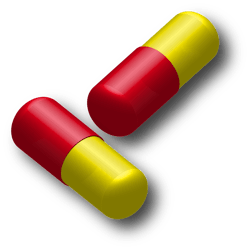The Centers for Disease Control and Prevention (CDC) recently updated its recommendation for the treatment of uncomplicated gonorrhea in adolescents and adults.
The CDC said that gonorrhea should now be treated with just one higher dose (500 mg) injection of ceftriaxone. The agency no longer recommends dual therapy.
The new recommendations are available in 2020 Update to CDC's Treatment for Gonococcal Infections, a special policy note published on December 17 in MMWR.
The CDC said drug-resistant gonorrhea remains an urgent public health threat. In fact, half of all gonorrhea infections are resistant to at least one antibiotic. The agency said the change from dual therapy to monotherapy was prompted by:
· Antibiotic stewardship and the need to minimize antibiotic exposure unless the benefit clearly outweighs the risk
· Further evidence and understanding of ceftriaxone’s pharmacokinetics (how drugs move in the body) and pharmacodynamics (biochemical and physiologic effects of drugs) in relation to identifying the optimal dose to treat gonorrhea
· Signs that azithromycin resistance is increasing
“Effective treatment – the cornerstone of U.S. gonorrhea control efforts – begins with action from state and local health departments, healthcare providers, community-based organizations, and other partners in the field of STDs. By implementing this new gonorrhea treatment recommendation now, along with scaling up prevention education and counseling, we can prevent this common infection with potentially severe health consequences,” the CDC said.





